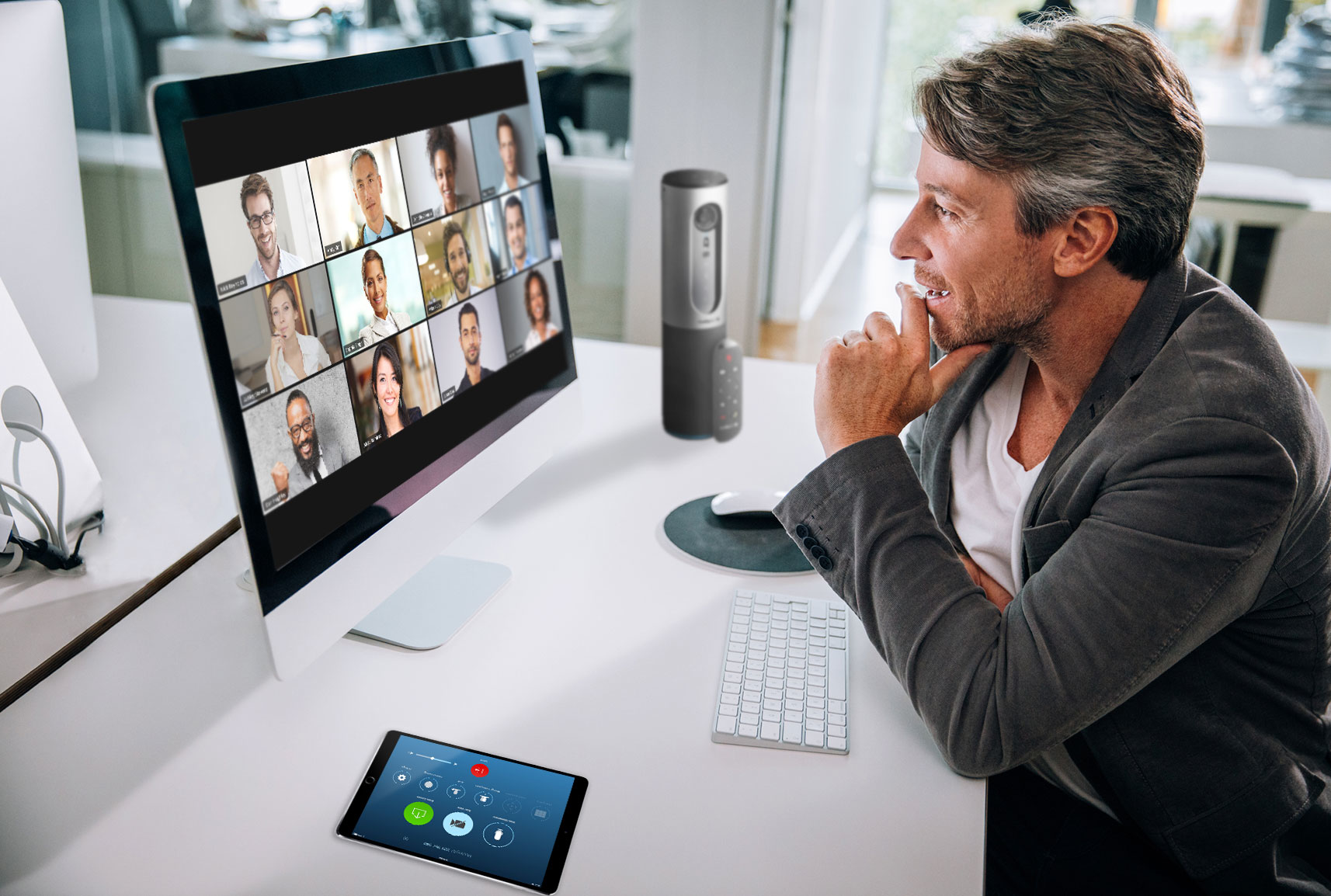By Josh Lance, CPA, CGMA
For most tax and accounting firms, COVID-19 has been a significant catalyst for change. While some firms may not have thought about having remote employees before March 2020, many have adapted to having their employees work remotely from home. Hiring employees who may never step foot in your offices requires a recruitment process that is radically different from how you have typically found and hired employees. Here are three tips for finding remote employees.
Tip #1: Redefine your employees
Finding and hiring employees the traditional way will not necessarily work when you look to hire remote employees. Traditional recruitment channels may result in finding employees who are best suited for working in an office environment. When hiring remote employees, you need to first start with redefining the job description and the type of candidate you are looking to attract for that position.
Your job description should highlight key attributes that a remote employee would need to have in order to be successful, including organizational skills, time management, and the ability to work with less direct supervision. Remote employees also need to be excellent communicators. Working remotely routinely requires employees to proactively communicate in a variety of ways and to be able to successfully communicate asynchronously with your co-workers as you both may not be working the same hours.
The job description should not only note that this job is for a remote position, it should also describe how your firm handles managing remote employees, whether there is any required travel to your offices, and any additional perks specific to remote work, such as a stipend for their home office. Having your job description focused on how your company handles remote work will allow potential employees to get a sense of what to expect when working remotely for your company, and make it more likely to attract the employees you are trying to hire.
Tip #2: Broaden your search channels
When finding potential remote employees for your firm, it’s important to look beyond your normal search channels. If you typically post on traditional job boards or recruit through local headhunters, you will need to change how you advertise your remote position. Those more traditional channels will likely yield local candidates, but does not get your position out to those looking for remote work.
Posting your position on remote-only job boards, or using social media to get your position out to various groups or individuals across the country can yield better results and broaden your search base. A search channel that you might not think to utilize is networking with your peers — one of the best ways to find remote employees is by talking to other firms and firm leaders. With firms looking to hire across the country, you may be able to find qualified candidates who might not have been a good hiring fit at another firm.
Maybe a firm is only looking to hire in-office positions, but during their search, they may have found some qualified candidates that could only do remote work. By discussing your hiring needs and preferences with other firms and their leaders, you may be able to find talented candidates that fit your firm better.
In my firm, we have hired exceptional candidates I found by talking with other firm leaders. While you may think another firm is not just going to hand you resumes of qualified candidates, the reality is that every firm is different, and their hiring needs are also different. With this approach, you’ll get the added benefit of having that firm qualify a candidate and understand what that candidate is looking for.
Tip #3: Up level your interview process
In trying to find and identify the right employees for your firm, your interview process needs to change to ensure that you are bringing the best talent into your firm that can succeed in a remote environment. Beyond the normal interview questions, your interview should also cover several other items:
- How will this candidate function without direct supervision or having an immediate supervisor always available to answer questions? Remote employees may be working hours that are different from each other and, as a result, a good remote candidate should have the ability to complete their tasks without someone always checking in on them. In addition, they should not leave work items to the last minute in case they run into issues and their supervisor isn’t immediately available to help.
- What is their remote work environment like? Having a dedicated space to work every day that is mostly free from distractions is important. Another aspect to their environment is security, as they will likely be handling confidential information. Having a workspace that is in a common area or can be accessed by roommates, for example, may not be the best situation for a good remote work environment.
- Do they already have experience working remotely? While they may not have worked in a remote position before, they may have had experience working from home, if only occasionally. Understanding their prior experience may give a glimpse into whether they would be a good fit for your remote position.
These additional interview questions are important because the answers can help determine if they would work well in a remote position. Not everyone is cut out to work remotely, so by focusing part of your interview on these areas, you can gain necessary insight into whether they would be a good fit in a remote position.
Every firm is different
Hiring for great talent is hard in general, but can be harder when trying to hire for remote work. However, by redefining your job description, broadening and focusing your candidate search, and expanding your interview process, your firm may find better candidates and better success in your hiring process.
Remember that every firm is different, so hire candidates based on your own set of core competencies and strengths.
=========
A licensed CPA and CGMA, Josh Lance is also a family man who calls Chicago home. Before venturing on his own with a mission to help small businesses at Lance CPA Group, Josh spent his early career at a top 10 national public accounting firm and worked at an ultra-high net worth family office. Josh is also head of accounting for Practice Ignition and an adjunct professor at Northwestern University. He enjoys making wine at home, cooking, traveling, and cheering on his favorite football and soccer teams. He was honored by being selected to the 2017 class of the AICPA Leadership Academy and was named one of the 40 under 40 in 2017 by CPA Practice Advisor.
Thanks for reading CPA Practice Advisor!
Subscribe Already registered? Log In
Need more information? Read the FAQs




